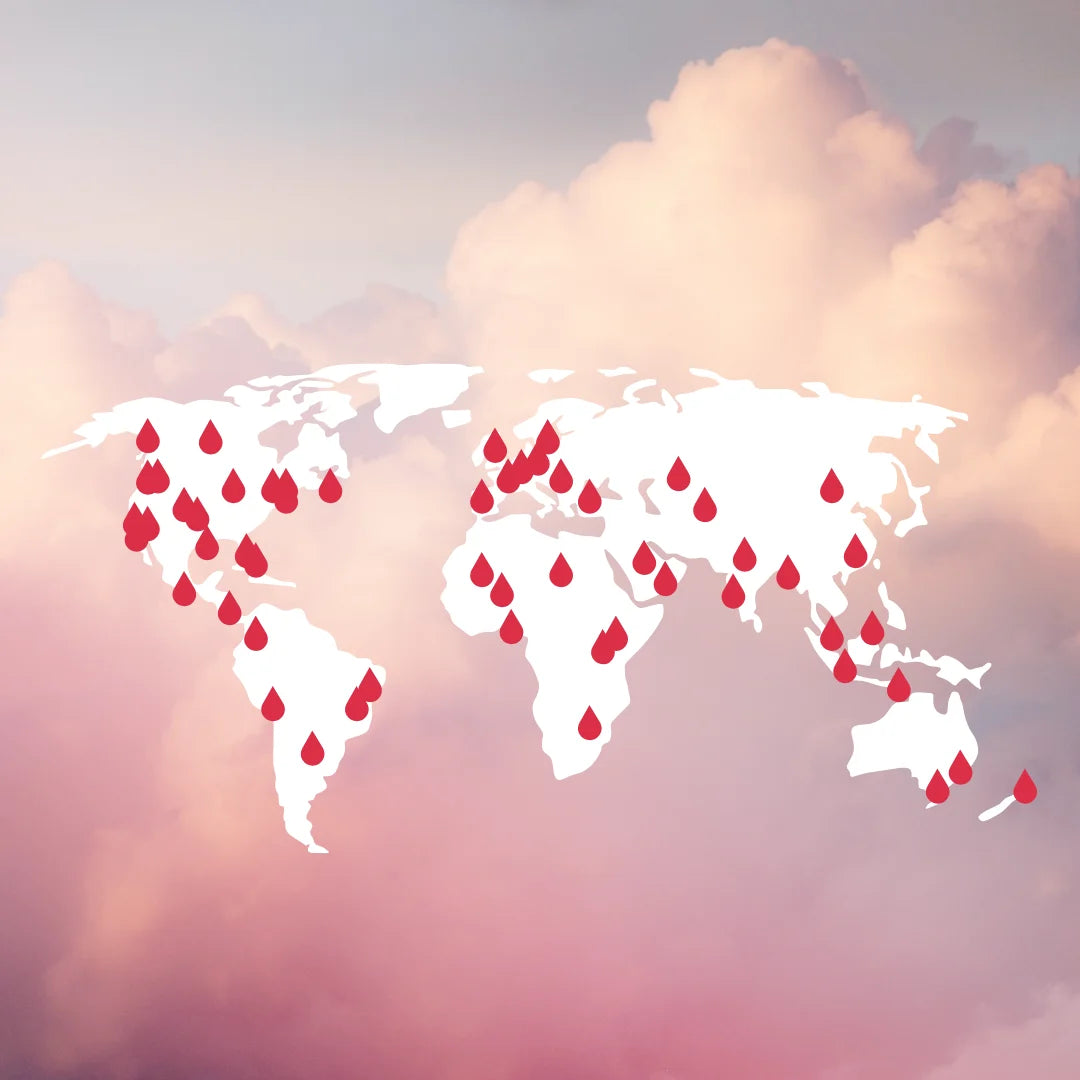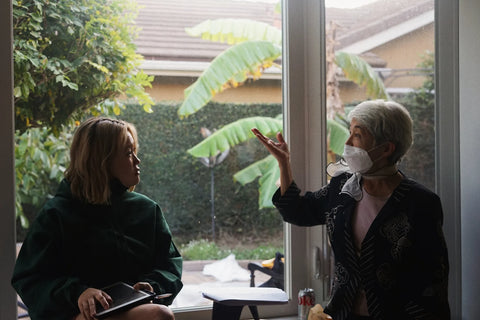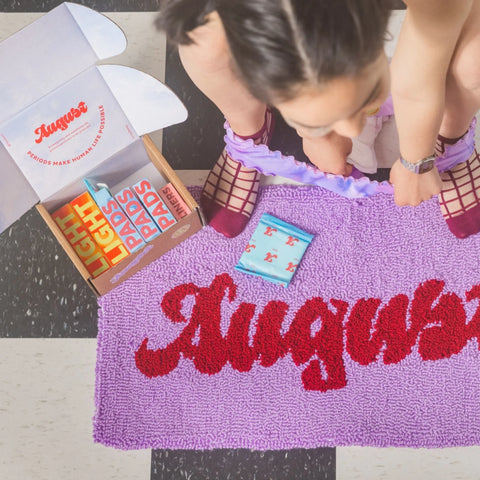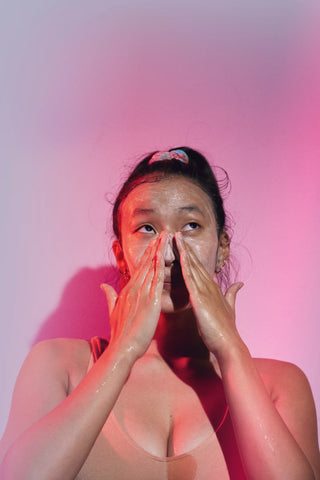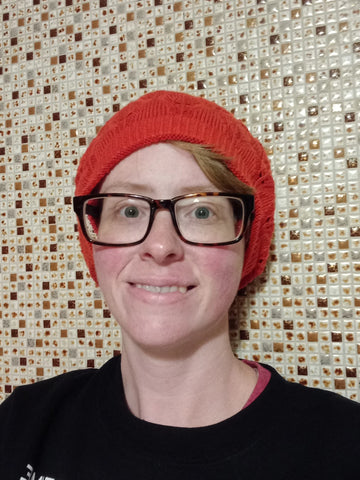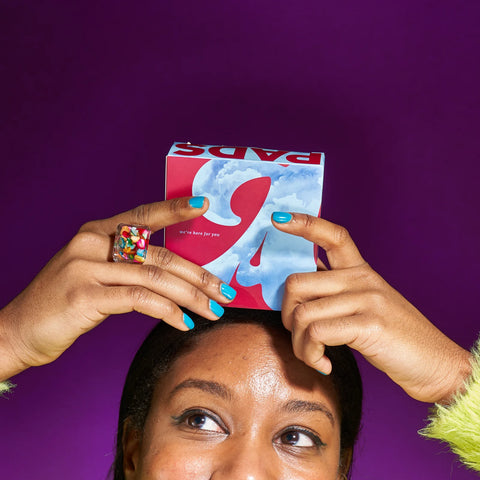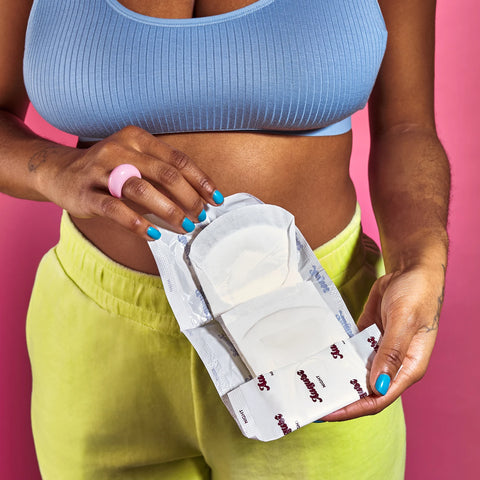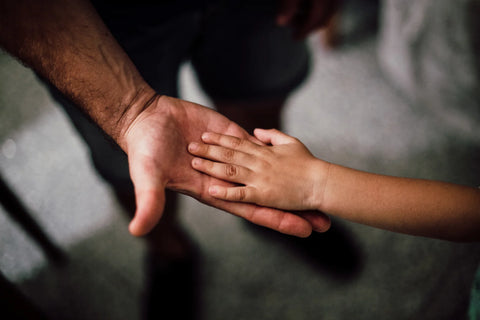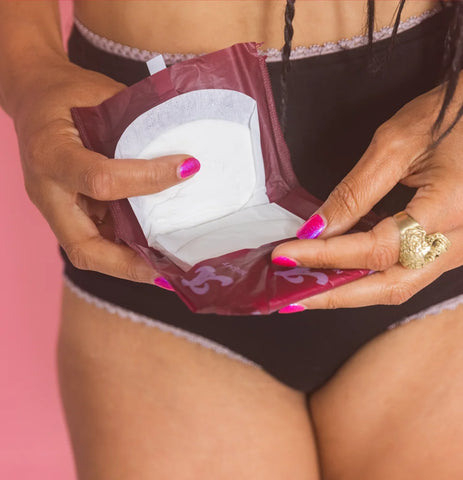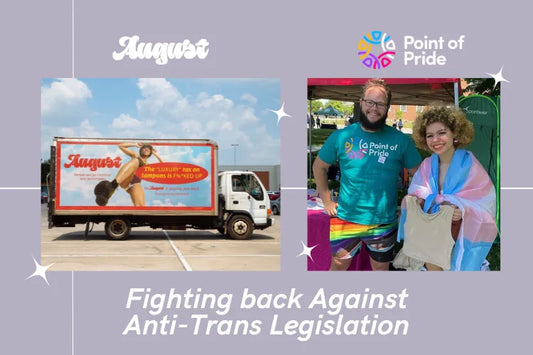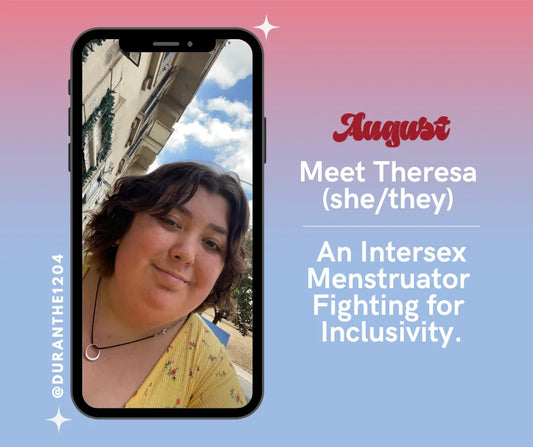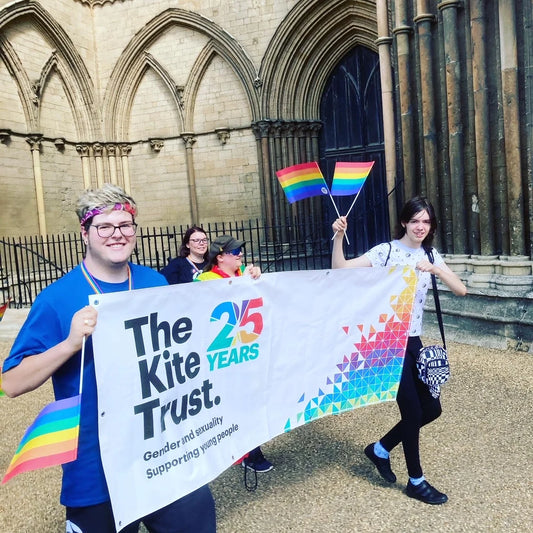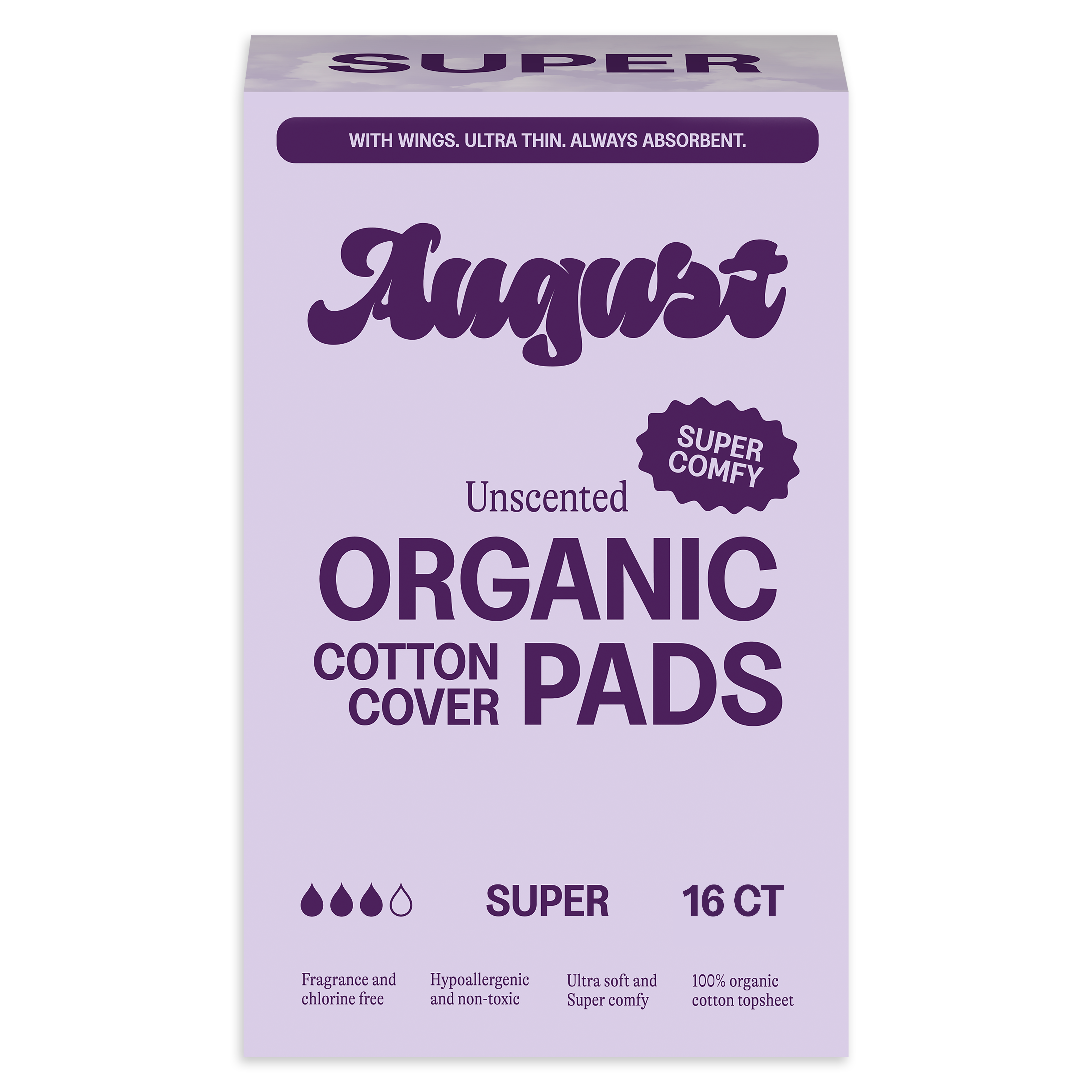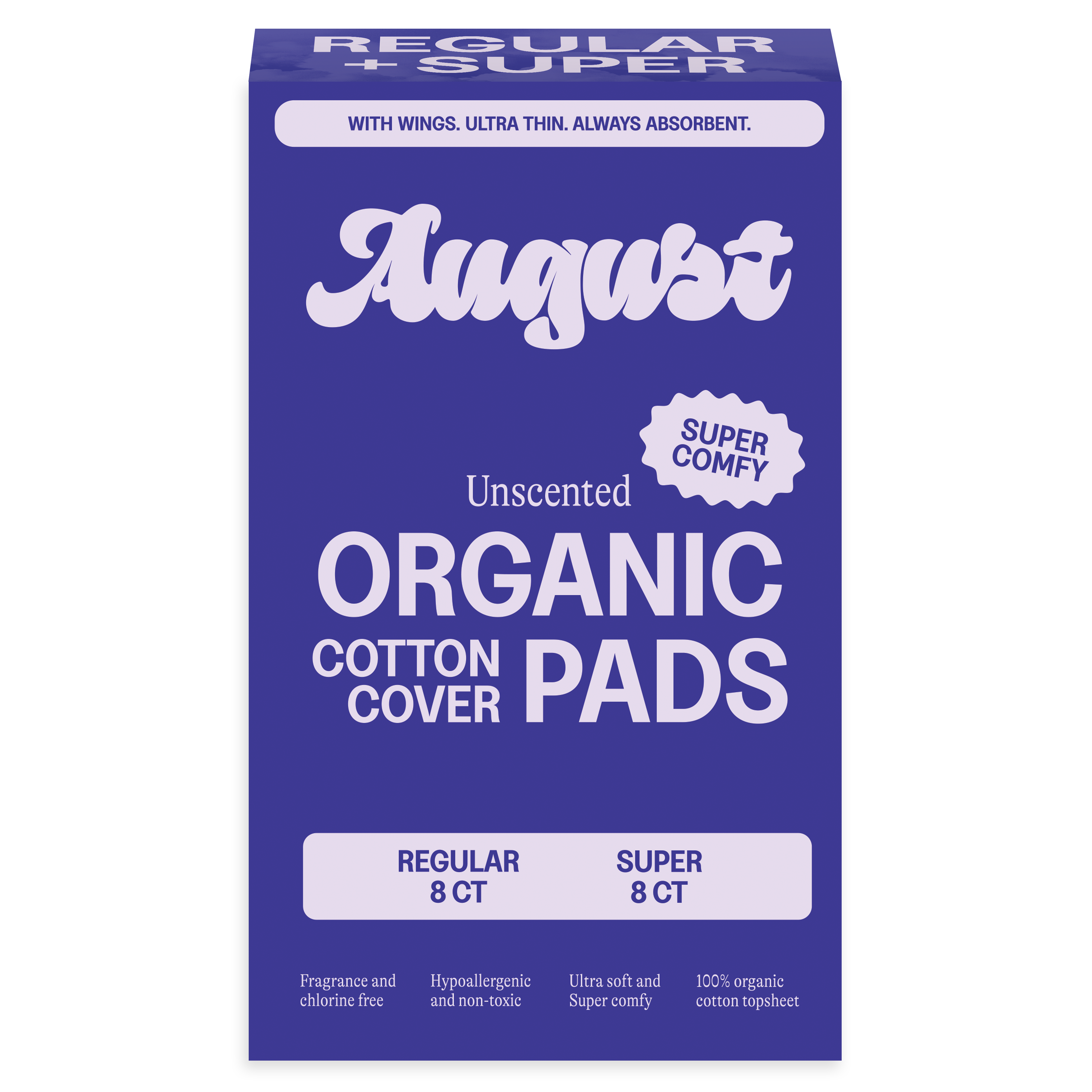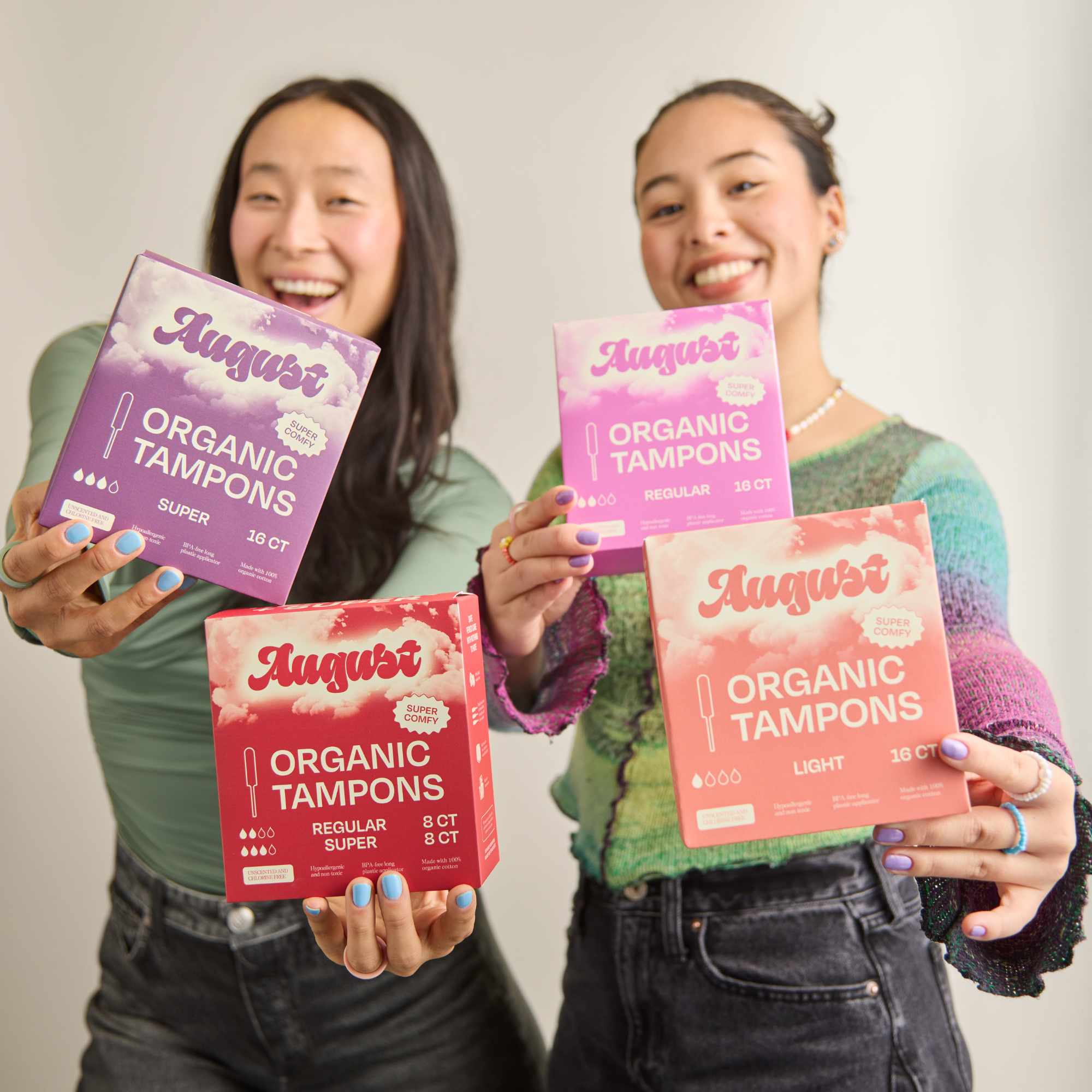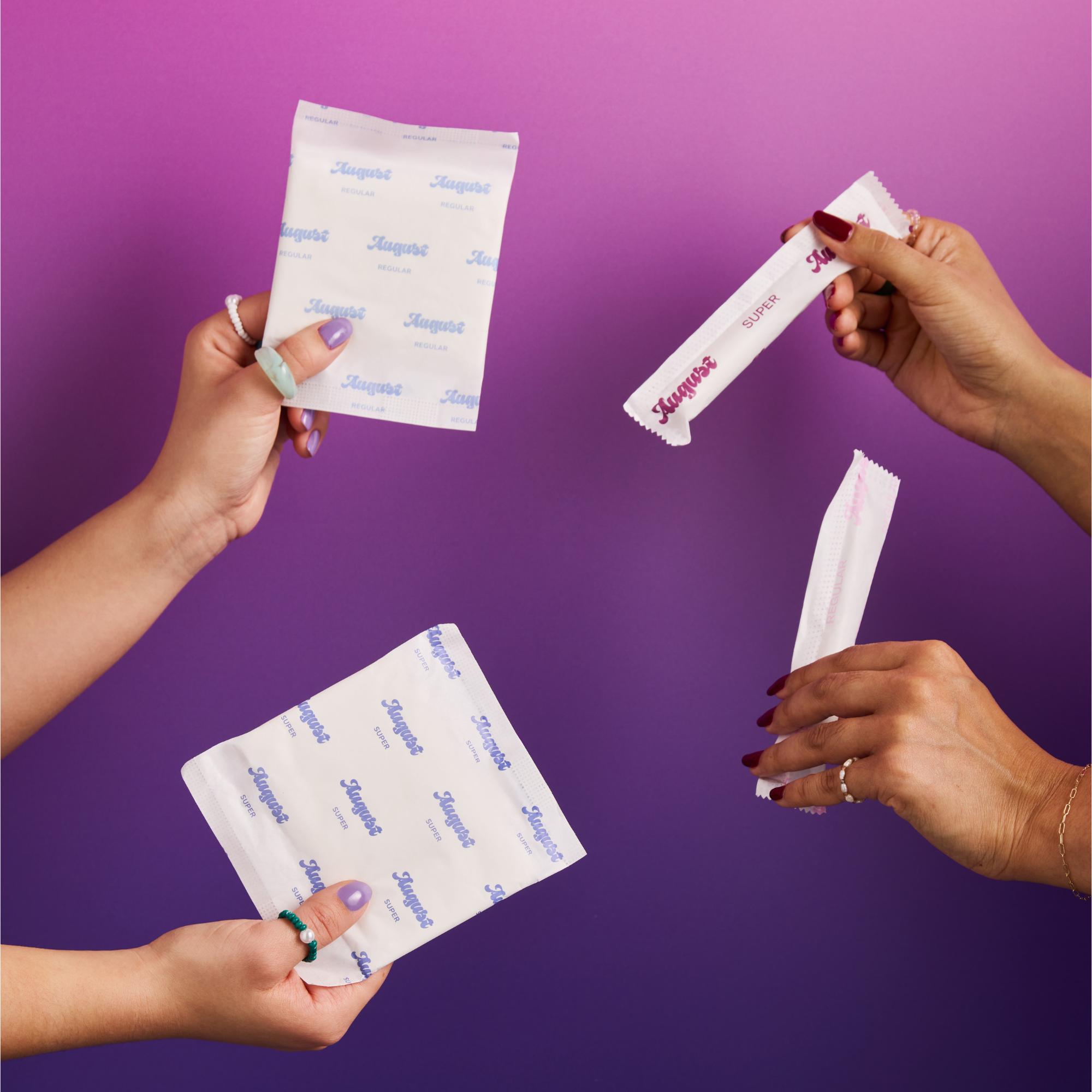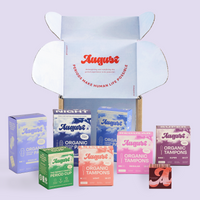The relationship between menstruation, religion and culture is complex and the way periods are approached often traces back to deeply rooted period stigma.
What does cultural stigma actually mean?
- Taboos, or stigmas, are mindsets that make someone think that something should not be talked about openly (whether that’s in public or even to your besties).
There is still some debate about when menstrual taboo first started, but there are various moments in history that point towards menstruation as 'dirty', 'impure' or something to 'be feared'. Stigma surrounding periods can be found in many cultures and may be hard to navigate especially because they can be different across cultures.
Our #InnerCycle is present in over 59+ countries with a diverse range of menstruating experiences and who better to learn from than our community about how different people have encountered period stigma?!
Because menstruation has been deemed as something negative – despite the fact that it’s a sign of health – people with periods can face many restrictions and difficulties throughout their lives like uncomfortable first period experiences.
What are some of the negative effects of cultural stigmas?

Tanya Bedi (pronoun fluid), a member of our Inner Cycle, an artist and a recent college grad had some insights to share about their upbringing in New Delhi India in a Hindu family.
While her mom taught her what a period was early on, she describes her first period as “terrifying” partly because of the taboo around menstruation in India.
“Even now there is no period positivity in India. If you get it, you have to hide it to the point where if you are doing your laundry and drying clothes outside you have to dry your now-clean underwear somewhere else,” Tanya shared.
Cultural practices and expectations stemming from menstrual stigma are still very present in some Indian households. Tanya remembers having to always stay home when they were on their period, even when they wanted to participate in activities, “like I’m not allowed because I’m ‘not pure’.”
Tanya is not the only menstruator with this experience. Anannya Poddar (she/her) who is also Indian, as well as Hindu, has experienced and heard first hand many cultural myths and taboos surrounding periods dating back centuries!
Anannya shared this example with us: “they say that if you touch a cow while on your period, it gets infertile. Also, you cannot touch pickle jars, sweet dishes, as your touch contaminates it and even going to temples on your period isn’t allowed in many households. Periods are considered unholy and sacred because of all these practices from a long time ago.”
The implications of these myths and beliefs can cause many young girls and other people with periods to drop out of school and discontinue their education after getting their first period, explained Anannya. It’s in conversations like these where we can see how the relationship between some cultural beliefs around menstruation can contribute further to issues like period poverty.
The effects of menstrual stigma are felt even before some people’s first periods – through conversation, or lack thereof.

Community member Julianna Woodland (she/her), who grew up LSD Mormon in Salt Lake City, Utah, also recalls having a negative first period because of the culture she grew up in.
“My first period was actually really traumatic because I unknowingly had an imperforate hymen [aka when a person’s hymen forms without an opening and therefore completely obstructs the vaginal canal] resulting in an eventual emergency surgery then regular cycles. This was very traumatic for me growing up in a purity culture such as Mormonism,” Julianna says.
She continued by describing how, “in many cultures adolescent sexual behavior is condemned and menstruation may be viewed as dirty and these social norms can be heavily influenced by the official views of the church/religion.”
In her experience, religious views around menstruation can be detrimental to menstruators' health. While Julianna is no longer Mormon, she says being raised in the religion and community has definitely made an impact in how she views and takes care of her body.
Like Julianna, Marie Cox (she/her) comes from a Mormon background. Rather than negative period talk, she stated that menstruation was not talked about at all. Marie even recalls there being no period products available at church and if you started your period, “you’d have to go home.”
Is menstrual stigma found in all cultures?

Diana Rodriguez (she/her) was raised Catholic in her home country of Guatemala in Central South America.
Her family culture was period positive and she recalls her parents buying her snacks, giving her a period kit and even telling her to embrace her period! However, she clearly noticed how period shame existed around her.
For example, Diana felt the need to cover up stains and she came to learn that many other menstruators in her country didn’t even know how to use or access period products.
She feels as though the, “lack of education due to the cultural stigmas around menstruation,” is one of the most clear consequences of cultural period stigma.
Even non-menstruators have felt the impact of period shame.

Martin Piggie (he/him) was born and raised in Germany where he grew up in the Catholic Church. Reflecting on the topic, Martin thought about his cultural and religious upbringing which heavily stigmatized periods.
He positioned himself as a non menstruator, then remembered the story of his older sister getting her first period: “my mother only told her a very few things about what a period is and how to use period products with very few words. I also remember that menstruators were called “unrein” in German, which means unclean.”
He doesn’t think anybody was talking about periods at all in the church at this point. It was only after joining our Inner Cycle community and embracing August’s unapologetic period culture that Martin learned so much more about periods through conversations with menstruators about their experiences.
He firmly believes that, “it is better for all human beings regardless of if they menstruate or not, to know more about periods.”
Navigating menstruation through a cultural and religious lens is not always easy.
Especially when in many places access to menstrual health education and services are hindered because of how taboo the topic is.
That’s why having conversations like this is essential to understanding each other, our bodies and the stigma that exists around periods.
A friendly reminder from Marie: while periods may be painful or hard at times, they are POWERFUL!
We wanted to extend a HUGE thank you to EVERYONE who submitted their honest and personal stories! It’s moments like these that make us feel so empowered about our collective mission to reimagine period care and destigmatize periods.
